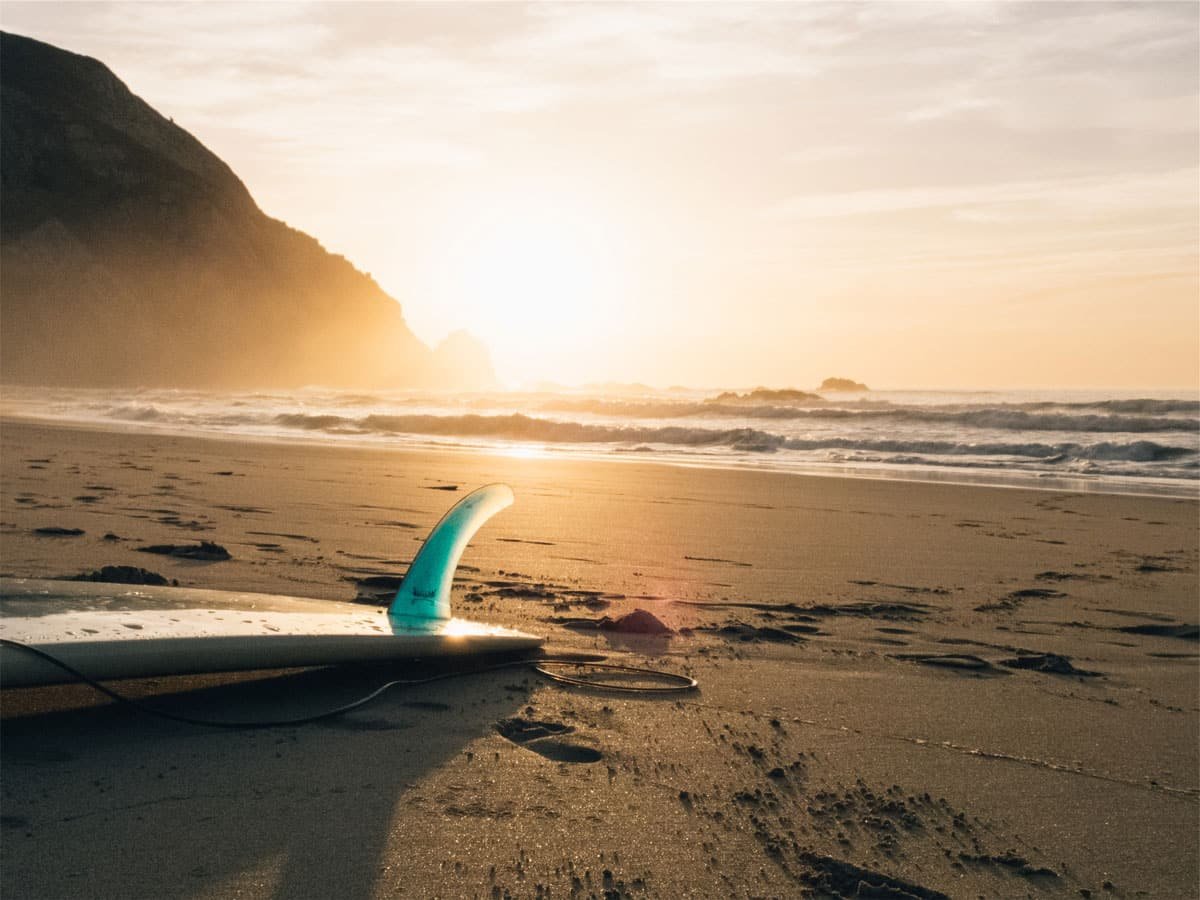Saltwater fishing is a complex and dynamic pursuit that requires a deep understanding of marine ecosystems, fishing regulations, and specialized techniques to promote a successful and sustainable fishing experience. Adhering to fishing regulations, adopting responsible catch and release practices, and utilizing effective gear and techniques are essential for conserving marine ecosystems and promoting long-term sustainability. From inshore fishing strategies to masterful catch and release techniques, a nuanced understanding of the intricacies of saltwater fishing is vital for anglers seeking to refine their skills and make a positive impact on the environment. As you explore the nuances of saltwater fishing, a rich tapestry of techniques, strategies, and best practices awaits discovery.
Key Takeaways
- Adhere to fishing regulations set by NOAA to prevent overfishing and protect vulnerable species.
- Choose the right gear, including rod, reel, and line, suitable for the targeted species and environmental conditions.
- Practice responsible fishing techniques, such as catch and release, to conserve marine ecosystems and promote sustainability.
- Research local fishing regulations, species behavior, and environmental factors to increase chances of success.
- Respect marine habitats, coastal conservation efforts, and other anglers to ensure a sustainable fishing experience.
Saltwater Fishing Basics
Saltwater fishing offers a unique combination of challenges and opportunities, attracting both novice and experienced anglers alike with its diverse range of species and techniques. To guarantee the long-term sustainability of this popular recreational activity, it is essential to adhere to established fishing regulations and support marine conservation efforts. In the United States, for example, the National Oceanic and Atmospheric Administration (NOAA) sets and enforces fishing regulations to prevent overfishing and protect vulnerable species. By complying with these regulations and adopting responsible fishing practices, anglers can contribute to the conservation of marine ecosystems and preserve the sport for future generations.
Inshore Saltwater Fishing Tips
When planning an inshore saltwater fishing trip, it is imperative to consult a local tide chart to synchronize fishing efforts with tidal movements, thereby increasing the likelihood of successful catches. Equipped with the right gear, including a 7-foot, medium weight spinning rod and reel combo rated for 10-20 pound test line, anglers can target species like spotted seatrout and redfish. Donning suitable fishing apparel, such as breathable, quick-drying clothing and polarized sunglasses, enhances the fishing experience. When fishing from a public pier, practicing pier etiquette is essential, including respecting fellow anglers' space and following local regulations. By combining these strategies, inshore saltwater fishing enthusiasts can optimize their chances of landing a prized catch.
Catch and Release Techniques
By adopting responsible catch and release practices, anglers can help conserve marine ecosystems and promote the long-term sustainability of fish populations. Effective fish handling is essential in minimizing injury and stress to the fish, ensuring their survival upon release. Anglers should handle fish gently, avoiding contact with the gills and eyes, and keep them out of water for only as long as they can hold their breath. Barbless hooks and careful hook removal techniques can further reduce injury. Release ethics dictate that fish be released quickly and humanely, without excessive handling or delay. By adhering to these principles, anglers can promote the well-being of marine species and contribute to the long-term health of marine ecosystems.
Saltwater Fishing Gear
Fishing rods and reels, comprising the core of an angler's tackle, require careful selection to suit the targeted species, fishing technique, and environmental conditions. The right gear can make all the difference in a successful catch. When choosing a rod and reel combo, consider the following key factors:
- Rod material and sensitivity: Graphite rods offer high sensitivity, while fiberglass rods provide durability.
- Reel type and capacity: Spinning reels are ideal for beginners, while conventional reels suit experienced anglers.
- Line rating and drag system: Match the line rating to the targeted species, and guarantee a smooth drag system to prevent line breaks.
Proper gear maintenance is also vital. Regularly inspect and clean your gear to prevent corrosion and damage. Additionally, consider investing in fishing accessories such as tackle boxes, pliers, and nets to enhance your overall fishing experience.
Fishing Techniques and Strategies
Effective saltwater fishing techniques and strategies involve understanding the behavior and habitats of targeted species, as well as adapting to various environmental conditions. Anglers can employ Trolling Methods, which involve dragging lures or baits behind a moving boat to target species such as marlin, tuna, and mahi-mahi. Chumming Strategies, on the other hand, involve using baitfish or other attractants to lure species like sharks, tarpon, and snappers. By mastering these techniques, saltwater anglers can increase their chances of success in various fishing scenarios. It is essential to take into account factors like water temperature, currents, and bottom topography when selecting the most effective technique. By adapting to these environmental conditions, anglers can optimize their fishing strategies and catch more fish.
Learning Saltwater Fishing
Saltwater fishing novices can accelerate their learning curve by understanding the fundamental principles of saltwater fishing, including species behavior, habitat, and environmental factors. To further their knowledge, they can engage with online resources such as Fishing Communities and Online Forums, where they can connect with experienced anglers, ask questions, and learn from their experiences.
Three key steps to learning saltwater fishing:
- Research local fishing regulations: Understand the rules and restrictions in your area to promote a safe and sustainable fishing experience.
- Join online fishing communities: Connect with experienced anglers and learn from their experiences through online forums and social media groups.
- Attend fishing workshops or guided tours: Participate in hands-on learning experiences to gain practical knowledge and skills from experienced guides and instructors.
Saltwater Fishing Essentials
A well-stocked tackle box, comprising a selection of durable hooks, lines, and lures, serves as the foundation of a successful saltwater fishing excursion. Essential gear includes a medium-light to medium-heavy action spinning rod and reel combo, suitable for handling species like redfish and spotted seatrout. Additionally, a net, fishing pliers, and a first-aid kit should be on hand. Practicing fisherman etiquette, such as respecting coastal conservation efforts and adhering to catch-and-release guidelines, is vital for maintaining a healthy marine ecosystem. Moreover, adhering to local regulations and respecting marine habitats is necessary for the long-term sustainability of saltwater fishing. By prioritizing responsible fishing practices, anglers can enjoy a rewarding and environmentally conscious experience.
Fishing Resources and Opportunities
Beyond the gear and techniques, anglers can further enhance their saltwater fishing experience by leveraging various resources and opportunities that foster skill development, community engagement, and environmental stewardship.
To access valuable information and connect with like-minded individuals, anglers can utilize the following resources:
- Online Forums: Participate in online forums and discussion boards to exchange tips, share experiences, and learn from other anglers.
- Fishing Communities: Join local fishing communities and clubs to network with fellow anglers, attend workshops, and participate in conservation initiatives.
- Government Resources: Utilize government websites and publications to stay informed about fishing regulations, conservation efforts, and research initiatives.
Frequently Asked Questions
How Do I Store My Saltwater Fishing Gear When Not in Use?
When storing gear, prioritize protection and organization; utilize breathable storage bags, dry reels, and clean rods to prevent corrosion, and label containers for easy retrieval, ensuring gear remains functional and ready for future use.
Can I Fish in Saltwater Areas With a Freshwater Fishing License?
"In ancient times, fishermen traversed borders, unaware of modern license requirements. Currently, a freshwater fishing license does not suffice for saltwater fishing; separate licenses are required, adhering to border regulations and ensuring sustainable fishing practices."
What Are the Best Times of Day for Saltwater Fishing?
Optimal fishing times are influenced by tide cycles and moon phases, with peak activity often occurring during transitional tidal periods and full or new moon phases, when predator-prey interactions are heightened.
How Do I Remove Rust From My Saltwater Fishing Gear?
To remove rust from gear, employ a rigorous rust prevention and gear maintenance regimen: scrub affected areas with a wire brush, apply a rust-inhibiting coating, and store gear in a dry, ventilated environment to prevent moisture accumulation.
Are There Any Age Restrictions for Saltwater Fishing?
In general, youth regulations and senior exemptions vary by jurisdiction, with some states imposing age restrictions on fishing licenses, while others offer exemptions or discounted licenses for seniors or youth, promoting accessibility and conservation.
Conclusion
In summary, saltwater fishing is a complex, multifaceted pursuit, akin to traversing a rich tapestry. Each strand of the tapestry represents a unique aspect of the sport, from inshore fishing to catch and release techniques, gear, and strategies. By mastering each strand, anglers can weave together a rich narrative of success, replete with thrilling catches and lasting memories.









